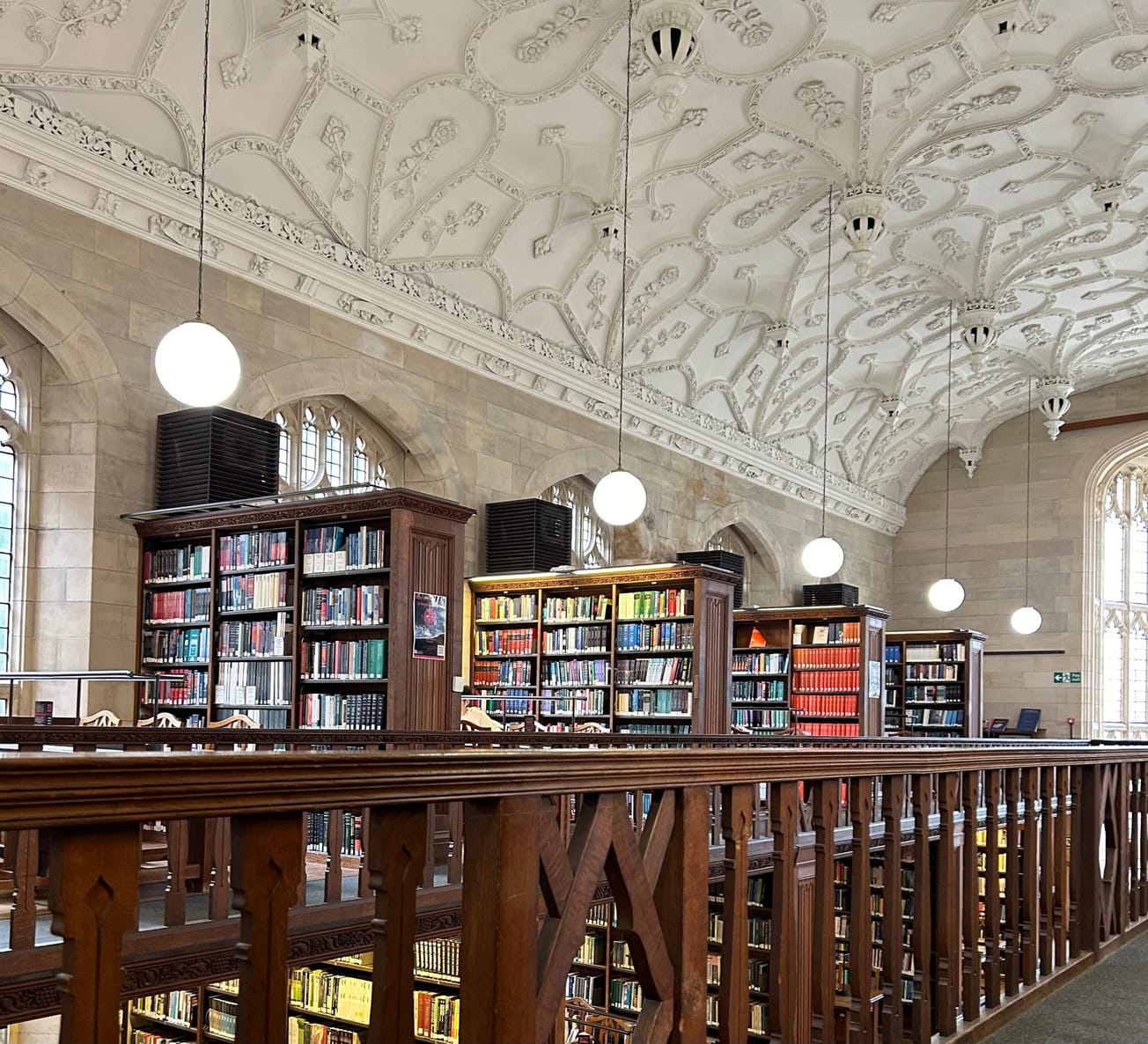By Theo Kent, Second Year, English
The government has a lengthy history of side-lining young people and this has more recently culminated in a media crusade against students during the pandemic.
As if it couldn’t get any worse, after a year and a half of countless social and educational sacrifices, the student generation may be left out from going indoors at a pub.
While a government review into covid status certification commences, yet again it is students and young people that are being left in the dark.
The government has claimed that any prospective Covid passport system would not be implemented during steps two and three of the lockdown roadmap. Because of this, it is possible that the system would be put in place on the final stage of unlocking, on the 21st June.
For the most part, students without serious health conditions are the last on the list to be offered a vaccine. This is justifiable, since – other than children – young adults are the least likely to suffer severe symptoms if they were to contract Coronavirus.
The fact remains that it looks increasingly likely that the government will attempt to implement a Covid passport system well before many students will have been offered the vaccine by the end of July.
It looks increasingly likely that the government will attempt to implement a Covid passport system
Despite what the tabloids might say, the majority of students have made huge sacrifices in their education and quality of life. These sacrifices have been rightly made for the sake of the older generations.
And yet, through a covid passport scheme, the government would respond to this by excluding and essentially punishing young people.
It is true that covid status certification would provide some benefits, even if it’s simply used as a measure to incentivise vaccine-sceptics to re-evaluate. However, enforcing the programme before the vaccine has been offered to all adults is clearly discriminatory against those who have had to wait the longest to get a jab.
The vaccines currently being used do not eliminate the possibility of carrying and spreading the virus
The vaccines currently being used do not eliminate the possibility of carrying and spreading the virus. It’s possible that in a room of people that have been vaccinated, the virus could still be spread between them, albeit with a reduced risk.
Does it not then follow that the point of a vaccine passport isn’t to prove that you can’t spread covid, but that you aren’t going to get seriously ill yourself? In the case of most students without health issues, it would seem this is true whether they’ve had a vaccine or not.
To further the absurdity of the proposed situation, you only have to look into a restaurant, café or at a festival to realise that the sectors which would potentially block young people, are the same ones which are staffed largely by that very group.
One in five Bristol students plan to move in with strangers next year
Opinion | The government's announcement concerning in-person teaching is both belated and unwelcome
Since catering and hospitality are propped up by young people and students, isn’t it laughable that they would be excluded?
Covid status certification would be a helpful tool in limiting the chance of future resurgences of the virus in the long term. But the implementation of such a measure is much less simple than that.
If a passport system is introduced before vaccines have been offered to everyone, students will have been failed by a government which has repeatedly ignored our existence throughout the pandemic.
Featured Image: Unsplash / Diana Polekhina
Do you support the idea of vaccine passports?








